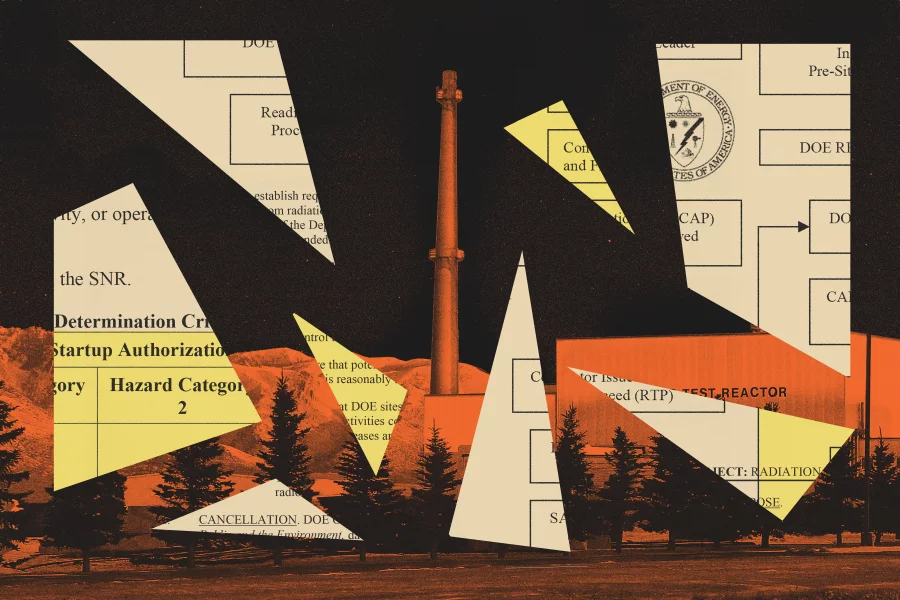 In conjunction with a national program known as "FreeWays to Fuel" ( freewaystofuel.org), researchers at N.C. State University are working to grow canola and sunflower crops along the wasted edges of highways and other marginal areas.
In conjunction with a national program known as "FreeWays to Fuel" ( freewaystofuel.org), researchers at N.C. State University are working to grow canola and sunflower crops along the wasted edges of highways and other marginal areas.
The national program, which began in Utah and has spread across the United States, originally used municipal zones to plant crops for biofuels. Utah's first harvests are now being used to power Department of Transportation vehicles in Salt Lake County.
In North Carolina, Matt Veal, an assistant professor in the Biological and Agricultural Engineering Department at NCSU, has focused his research on sowing sunflower and canola crops. These powerhouse plants, whose seeds contain 50 percent oil, are excellent for biodiesel production. Once harvested, cleaned and crushed, they are put through a chemical process known as "transesterification" to obtain the fuel.
Already, researchers have grown successful harvests in experimental plots. In some cases, they have been able to produce 550 pounds of sunflower seeds and 40 gallons of biodiesel per acre. Ultimately, Veal hopes enough fuel can be made to power N.C. Department of Transportation vehicles.
"Our focus is biodiesel, and the Department of Transportation is a large consumer of biodiesel fuel," Veal said.





 For those who did not manage to buy portable gas heaters and stoves, firebricks have become...
For those who did not manage to buy portable gas heaters and stoves, firebricks have become... The Trump administration has overhauled a set of nuclear safety directives and shared them with the...
The Trump administration has overhauled a set of nuclear safety directives and shared them with the... A federal judge on Thursday cleared the way for a New York offshore wind project to...
A federal judge on Thursday cleared the way for a New York offshore wind project to...






























